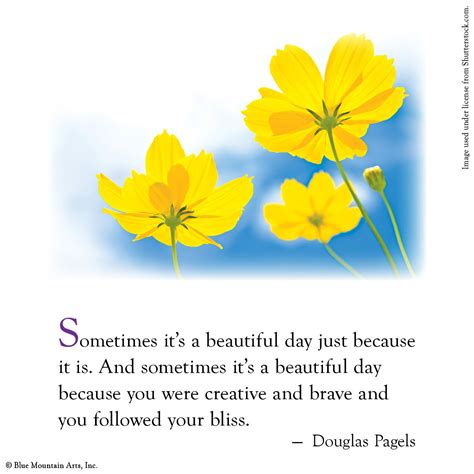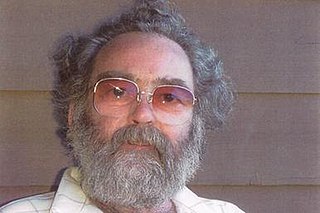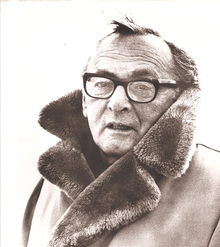A Quote by May Sarton
At some point I believe one has to stop holding back for fear of alienating some imaginary reader or real relative or friend, and come out with personal truth.
Related Quotes
It's strange how the human mind swings back and forth, from one extreme to another. Does truth lie at some point of the pendulum's swing, at a point where it never rests, not in the dull perpendicular mean where it dangles in the end like a windless flag, but at an angle, nearer one extreme than another? If only a miracle could stop the pendulum at an angle of sixty degrees, one would believe the truth was there.
I started to make a joke that I had an imaginary friend underneath the let-out couch named Binky. I would never talk to him; I would only use him as entertainment for other people. I knew they thought that children had imaginary friends, so I was like, "I don't really believe in imaginary friends, but I want to feel like I do." I used to make a joke, "My imaginary friend Binky says this," because I knew it would get a laugh out of them.
Investors are trying to work out some risk premiere that have some correspondence with actual risks. But they don't, they're not, they can't go very far that way, because the actual correspondence isn't really there in a lot of cases. So once people stop believing in these stories, and then the crash can come very, very quickly. They believe that house prices are correctly priced for some time and then suddenly they realized there's no real basis for that. But what is the correct price? We don't know that either. It's just that everything swings.
I believe that everybody, whether you believe in the afterlife or the chance of a near-death experience and you come back and you see someone [on the other side] - whether that has happened or not, I don't know, but certainly everyone has thought about it at some point or another in time. It's a fantasy that if there is anything out there like that, it would be just terrific, but that remains to be seen.
One might think this means that imaginary numbers are just a mathematical game having nothing to do with the real world. From the viewpoint of positivist philosophy, however, one cannot determine what is real. All one can do is find which mathematical models describe the universe we live in. It turns out that a mathematical model involving imaginary time predicts not only effects we have already observed but also effects we have not been able to measure yet nevertheless believe in for other reasons. So what is real and what is imaginary? Is the distinction just in our minds?
The point is that (little-t) truth is a matter of definition relative to the grid one is using at the moment, and that (capital-T) Truth, metaphysical reality, is irrelevant to grids entirely. Pick a grid, and through it some chaos appears ordered and some appears disordered. Pick another grid, and the same chaos will appear differently ordered and disordered. Reality is the original Rorschach. Verily! So much for all that.







































